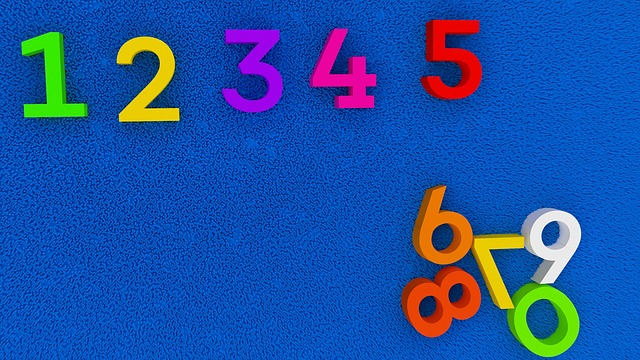How to pronounce interpret
This week’s seminar speaker (German, but currently working in the US) made several interesting pronunciation mistakes. Most notably, he kept pronouncing the verb interpret so incorrectly that I did not even recognize it immediately. To understand what went wrong, we best look at the phonetic spelling. The are actually several pronunciations of interpret that are





